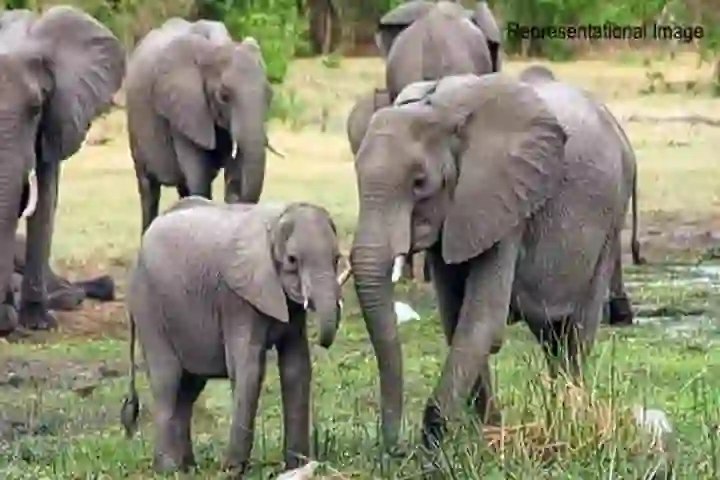Human-animal conflict situations need to be handled sensibly and sensitively. This has been achieved by the villagers of Assam’s Nagaon district, who have come up with a separate food zone for wild elephants which has helped them save their paddy fields and avoid deaths of people and animals and destruction of property.
Residents of villages in Ronghang and Hatikhali areas have been creating these zones for the last three years and nearly 600 villagers have donated 33 acres of land. On this paddy crops are planted for the elephants.
Besides creating food zones on their own lands, the villagers have also planted saplings of jackfruit, banana plants, elephant apple, grass for the wild elephants in forest land in hilly areas.
Sharing with the media that this initiative was started in 2019, Binod Dulu Bora, said: "We have created a separate food zone for wild elephants on 200 bighas of land and the wild jumbos come to the field from hill areas to eat the cultivated paddy crops and it takes 20-21 days for the herd of elephants to completely eat the paddy crops. During that period, the villagers have been able to harvest their paddy crops on around 40,000 bighas of land spread out in the area. Earlier, the wild elephants had destroyed paddy crops on most of 40,000 bighas of land, but it has not happened in the last three years."
He also disclosed that nearly 10 to 15 people and animals used to lose their life during the man-animal conflict and in the last three years no such incident has been reported.
This year this project was replicated in the Numaligarh area in the Golaghat district this year. Bora said: "This year, the villagers of 70-80 villages of Numaligarh Thuramukh area have been able to save their paddy crops by creating separate food zones for wild elephants in that locality also.”
Also read: In Africa many elephants are now born without tusks in nature's revolt against poaching




















